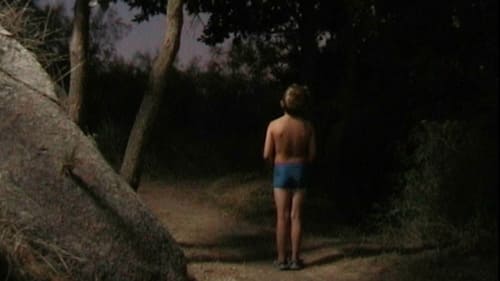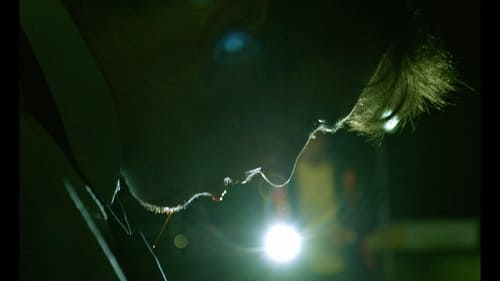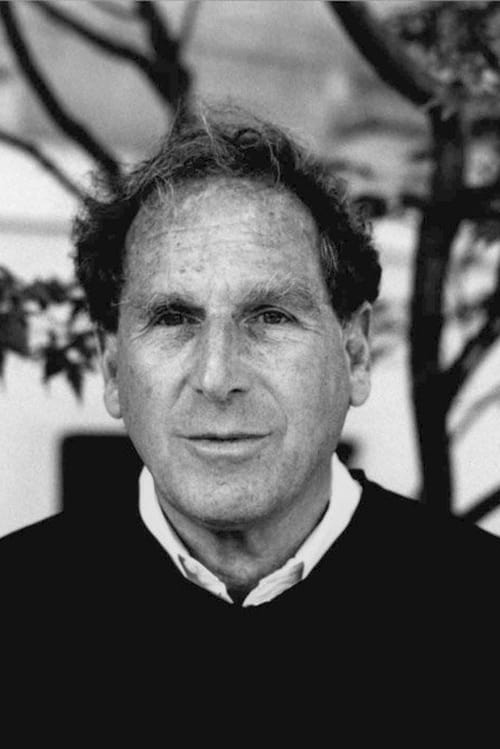Nathaniel Dorsky: An Interview (2014)
Жанр : документальный
Время выполнения : 1Ч 0М
Краткое содержание
In his contribution to the On Art and Artists interview series, Nathaniel Dorsky (b.1943) begins by discussing his childhood love of the John Ford film Stagecoach and its influence upon his decision to make films while attending Antioch College. Describing the affinity he developed for work operating at the intersection of film materiality and personal language, Dorsky explains how he developed his philosophy of the “devotional film” and the “microcosmic viewer.” Dorsky likens his practice to Buddhist sculpture, referring to himself as a “Japanese poet continuing aspects of the ethos of the Marxist revolution.” In the interview, the artist describes his use of the screen as an “altarpiece for the image” and emphasizes his use of editing to create works which “harmoniously coalesce.” Interview conducted by Jeffrey Skoller in May 2000, edited in 2014.

The bodies of women lying on the ground weave relationships around them, they breastfeed, they connect with the ground ... Carla Simón's first short, shot on 16 mm in the Californian forests. An experimental exercise that connects with the cinematographic avant-gardes of the early twentieth century.

Proximities focuses on the trope of the Malay Boy found in the works of Singaporean artist Cheong Soo Pieng (b. 1917-1983). It attempts to locate the Malay male in art history while unpacking underlying systems of power that have shaped and naturalised the understanding of difference.

A small Youtuber occasionally makes half ironic videos for few to see. A half narrative, half experimental view of the numb feeling of consuming endless amounts of content online instead of doing anything else, forever.

Summertime. In a camping, three little girls listen to an old mysterious story about a missing kid. They start to investigate.

TRAILERS unites the most personal and experimental aspects of underground filmmaking with a scope that is as cosmically vast as a science fiction epic. Rashidi’s ongoing exploration into the nature of cinema sees a group of characters adrift in space, each locked into their own sexual rituals while a cataclysm of universal proportions unfolds. Humanity has become a mysterious burlesque show for alien eyes: the gaze of the film camera. This visionary spectacle uses multiple formats and visual textures in weaving an erotic anti-narrative suspended in its own space and time.

"A springtime Fantasy," everything comes joyfully together in mirthful mythic warmth as Bird Lad's white line on black background richly sprouts, blossoms and bursts with pantheistic fertility.

A tale of people unfolds under the night sky. These doomed couples and lost individuals begin journeys and attempt to find resolution in their lives. Love is observed from a distance, sadness is in the air. With little sympathy for the loss and destruction caused to the characters, the stories progress and become neatly woven into a minimalistic portrayal of modern life.

HE, the third work in the ongoing collaboration between Rouzbeh Rashidi and actor James Devereaux, is a troubling and mysterious portrait of a suicidal man. Rashidi juxtaposes the lead character’s apparently revealing monologues with scenes and images that layer the film with ambiguity. Its deliberate, hypnotic pace and boldly experimental structure result in an unusual and challenging view of its unsettling subject.

Andrew, a teacher, is attacked while leaving work in a failed mugging which results in him becoming critically injured. While he is bleeding out a Deity appears healing Andrew but this is at a cost.

Holding Space explores the lived experiences of Burmese immigrants in Singapore under the gaze of neighbours in public flats. With a focus on spatial arrangements and housing exteriors, the experimental film challenges the ways architects visualise and instrumentalise their ways of seeing, seeking to hold space for subjective experiences and the subtle yet persistent influences on our domestic interiors.

state. is an exploration of liminal spaces, physical and emotional, from the perspective of a teenager. Unravelling through a desktop screen, the film navigates between different states: physical and digital, reality and whimsicality, and childhood and adulthood.

Ocean was a girl and now just a paper head. Her brother reminisces the times they shared during their childhood, a sorry experience that birthed emotional scars.

"Normal Porn for Normal People" is an appropriated media piece that explores our societal need to consume violence for entertainment. The film offers a satirical commentary on the romanticizing and normalization of violent imagery, while observing the link to commercial consumerism that exploits human sexuality, while simultaneously demonizing it. Interview segments echo our endless need to devour salacious content by venerating both real and fictional violence. Sexuality and sexual images remain a convenient scapegoat that facilitate a continued avoidance regarding the impact that the glorification of violence has within American culture.

Three witnesses to the invasion. Three accounts. Are they observing the same thing? Were there any warning signs? And, after all they’ve seen and heard, are they even competent to offer a reliable report? The purpose of this film is to demonstrate that an effort to construct functions known not to exist may on occasion produce interesting frauds.

An assortment of obscure private obsessions, conspiracies and perversions flicker on the verge of incoherence against the context of vast cosmic disaster in Rouzbeh Rashidi’s boldest film to date. This sensory onslaught combines a homage to the subversive humour of Luis Buñuel and Joao Cesar Monteiro with the visionary scope of a demented science fiction epic.

Anger discusses his Aleister Crowley-inspired theories of art: How he views his camera like a wand and how he casts his films, preferring to consider his actors, not human beings but as elemental spirits. In fact, he reveals that he goes so far as to use astrology when making these choices. This is as direct an explanation of Anger’s cinemagical modus operandi as I have ever heard him articulate anywhere. It’s a must see for anyone interested in his work and showcases the Magus of cinema at the very height of his artistic powers. Fascinating. (Dangerous Minds)

A relationship between a man and a woman discloses during the course of the film.

Self Decapitation is a Janus-headed self-portrait by Rouzbeh Rashidi and Maximilian Le Cain in which death and desire each take possession of this film in two parts. The ambiguities of inhabiting a human body are conjured by way of film technology in its faults, faulty memories and false promises. There is no escape from its haunting – except perhaps to haunt it in turn…

Weird Weird Movie Kids Do Not Watch The Movie is the second collaborative feature film between Rouzbeh Rashidi and Maximilian Le Cain. This hypnotic, visually and sonically immersive exploration of a haunted space unfolds in two parts. In the first, a woman (Eadaoin O’Donoghue) dissolves her identity into the ghostly resonances she finds in the rooms and corridors of a sprawling, atmospheric seaside basement property. In the second, a man (Rashidi), existing in a parallel dimension of the same space, pursues a bizarre and perverse amorous obsession.

A man (James Devereaux) sits on a park bench talking to the camera, trying to weave together a thought that won’t cohere while commenting on passers-by, his ‘guests’… Mysterious images intervene, overturning the serenity of the park-bench monologue. Rouzbeh Rashidi’s feature proves as engaging as it is elusive.





